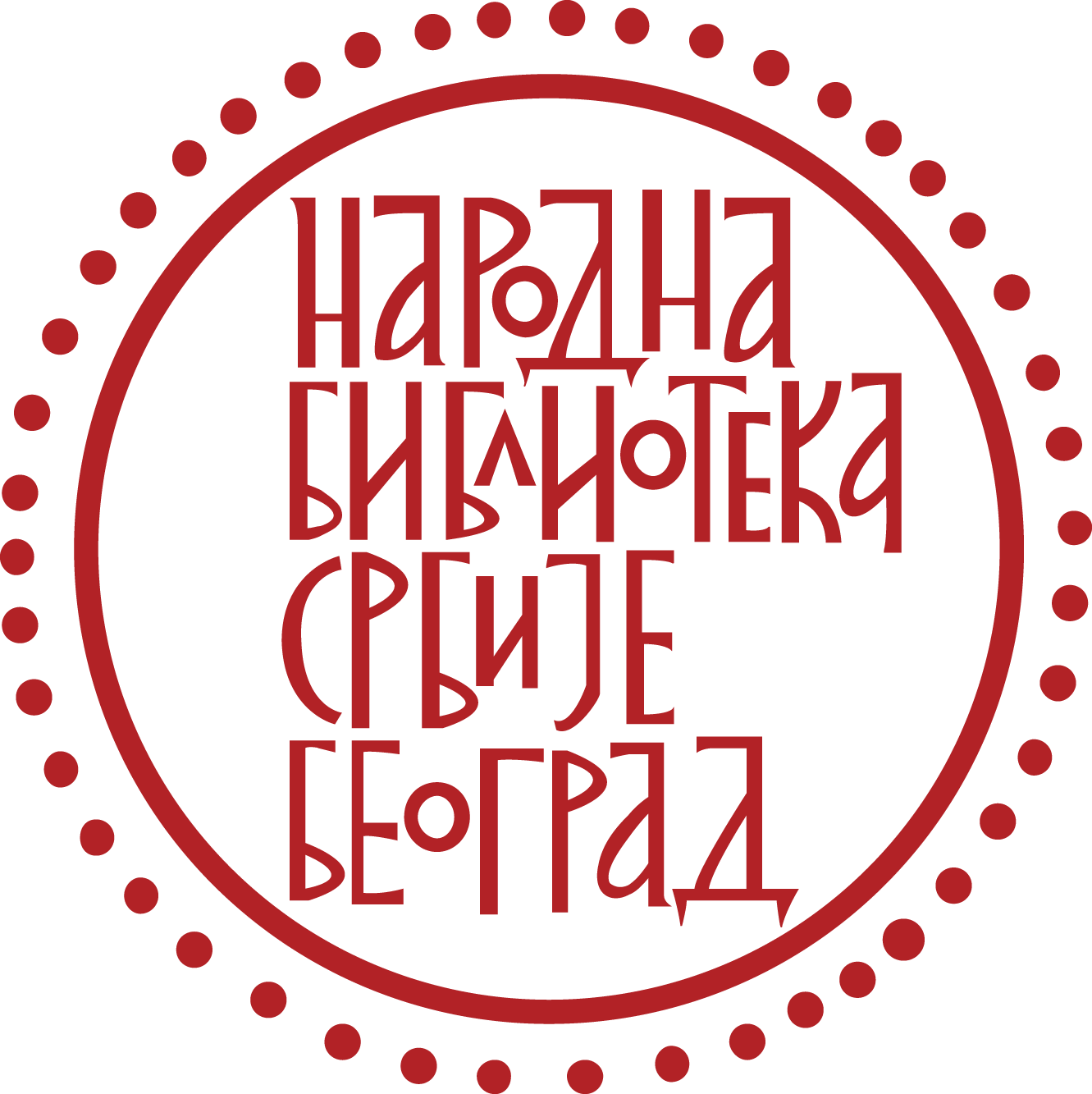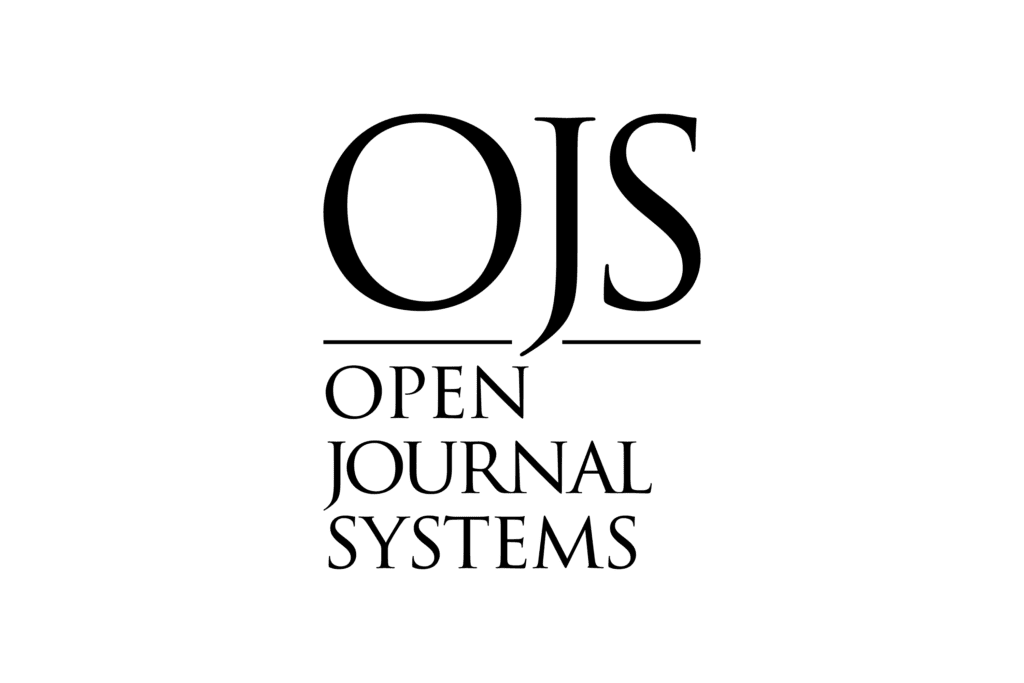The Experience of War in Smilja Đaković’s Fiction
DOI:
https://doi.org/10.18485/knjiz.2017.7.7.1Keywords:
Smilja Đaković, magazine Misao [Thought], First World War, war prose, women’s literatureAbstract
The paper analyzes the works of Smilja Đaković. In its first section, the paper provides an overview of previously researched information about the life of this authoress and an analysis of the previous reception of her work, as well as comments about her life. The central part of this paper is an analysis of short stories by Smilja Đaković in the context of (female) war prose and expressionist literary-artistic procedures and thematic frameworks. Smilja Đaković is an authoress who wrote under a pseudonym and whose stories were printed exclusively in magazine Misao [Thought], which she had owned since 1927. The pseudonym (Jovanka Petrović) that she used to publish short stories was only recently uncovered, which led to the revelation that the owner of the magazine was also one of its authors and associates. These circumstances led to the fact that the literary, political and cultural work of this authoress so far has not been the subject of more systematic scientific research and literary-historical interpretation. Hence, this study is one of the pioneering texts about this writer, magazine owner, participant of the First World War and heroine of Serbian interwar literature and culture. This paper is based on an attempt to contextualize the small opus of this authoress in the periodical surroundings in which it was printed, but also to extract it from these surroundings and place it in the framework of the (female) interwar story, and, ultimately, to show the thematic-motive, compositional and symbolic-semiotic specificity and innovation in the introduction and construction of a new type of literary protagonists.











